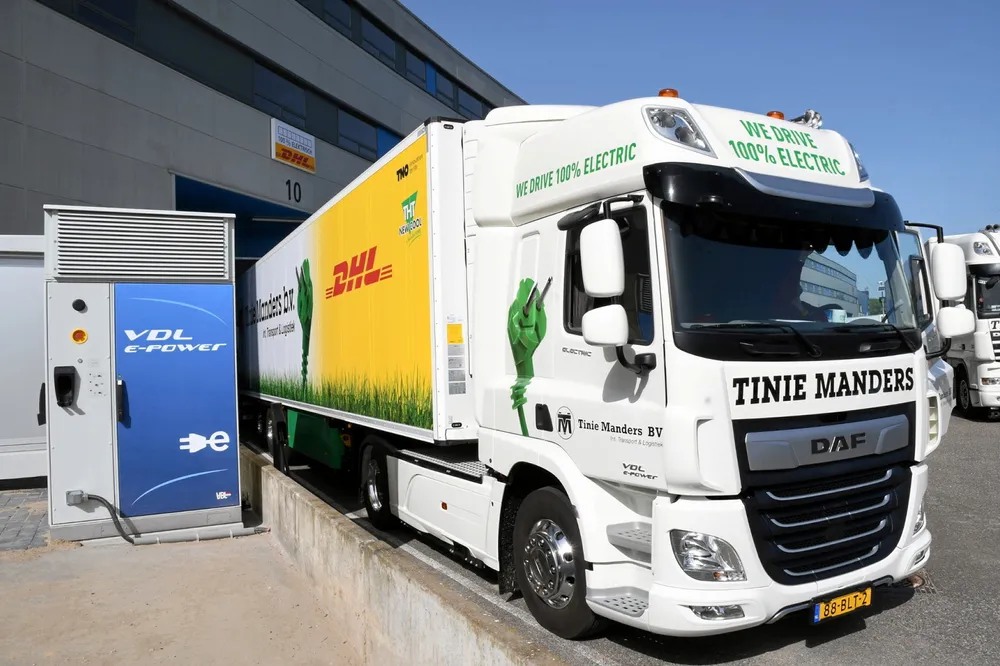Nobody wanted a hydrogen vehicle | All 1,600 requests for Dutch zero-emission truck subsidies were for battery-electric models
The Dutch government's AanZET scheme to provide up to €131,900 for a new battery or fuel-cell truck was four times oversubscribed within a day of opening
